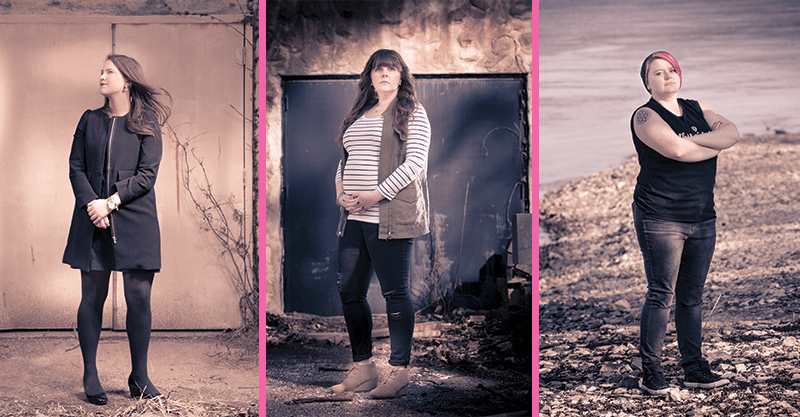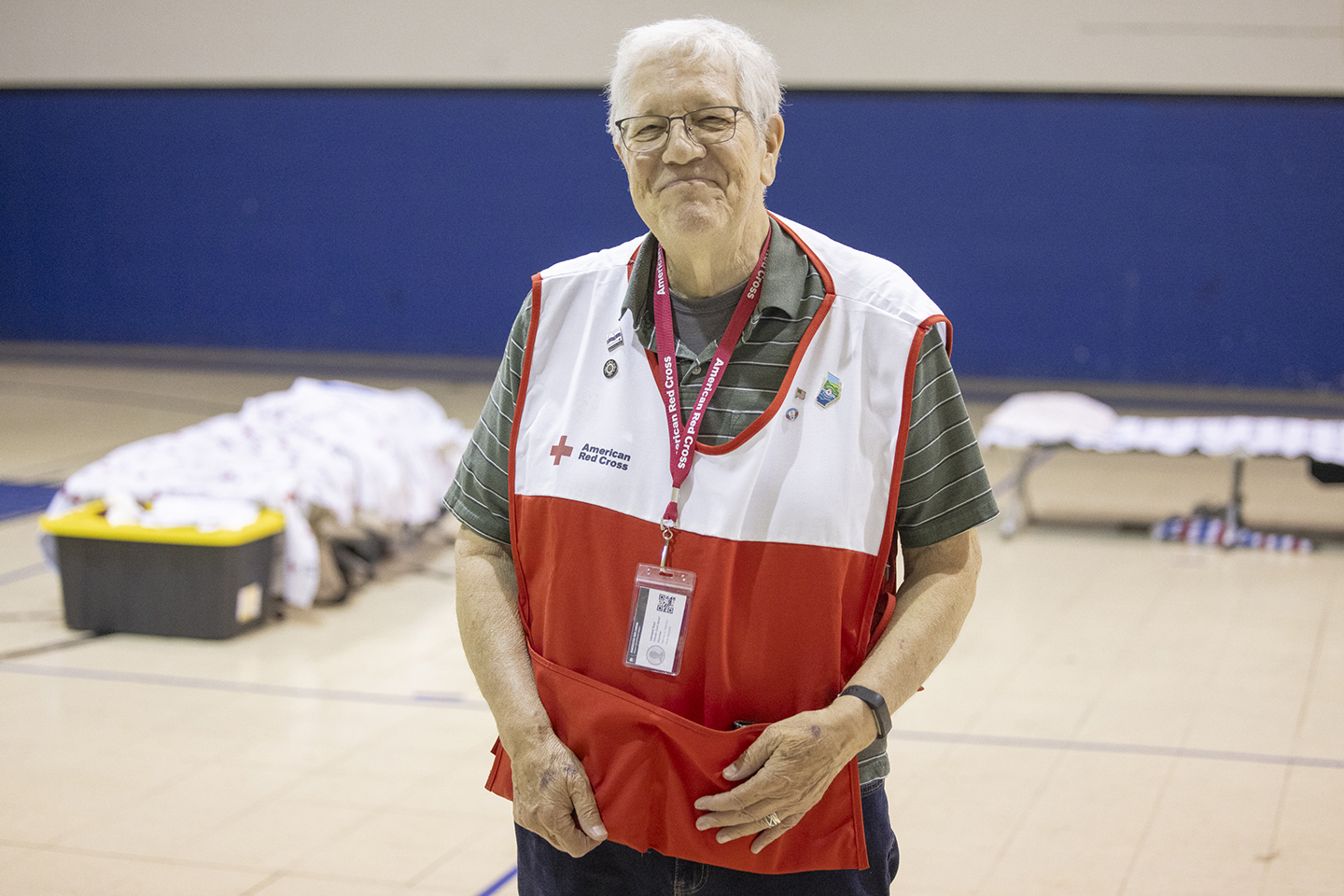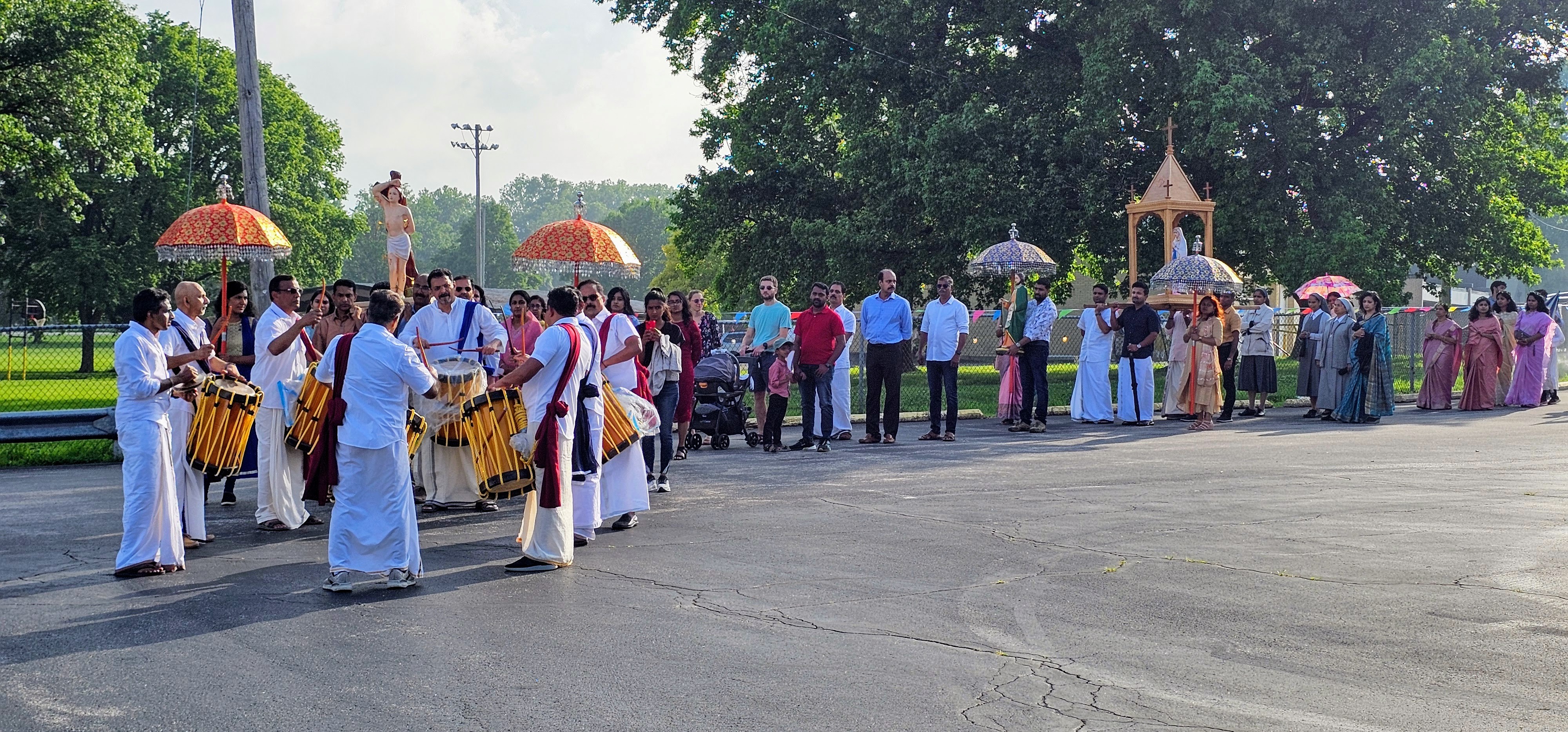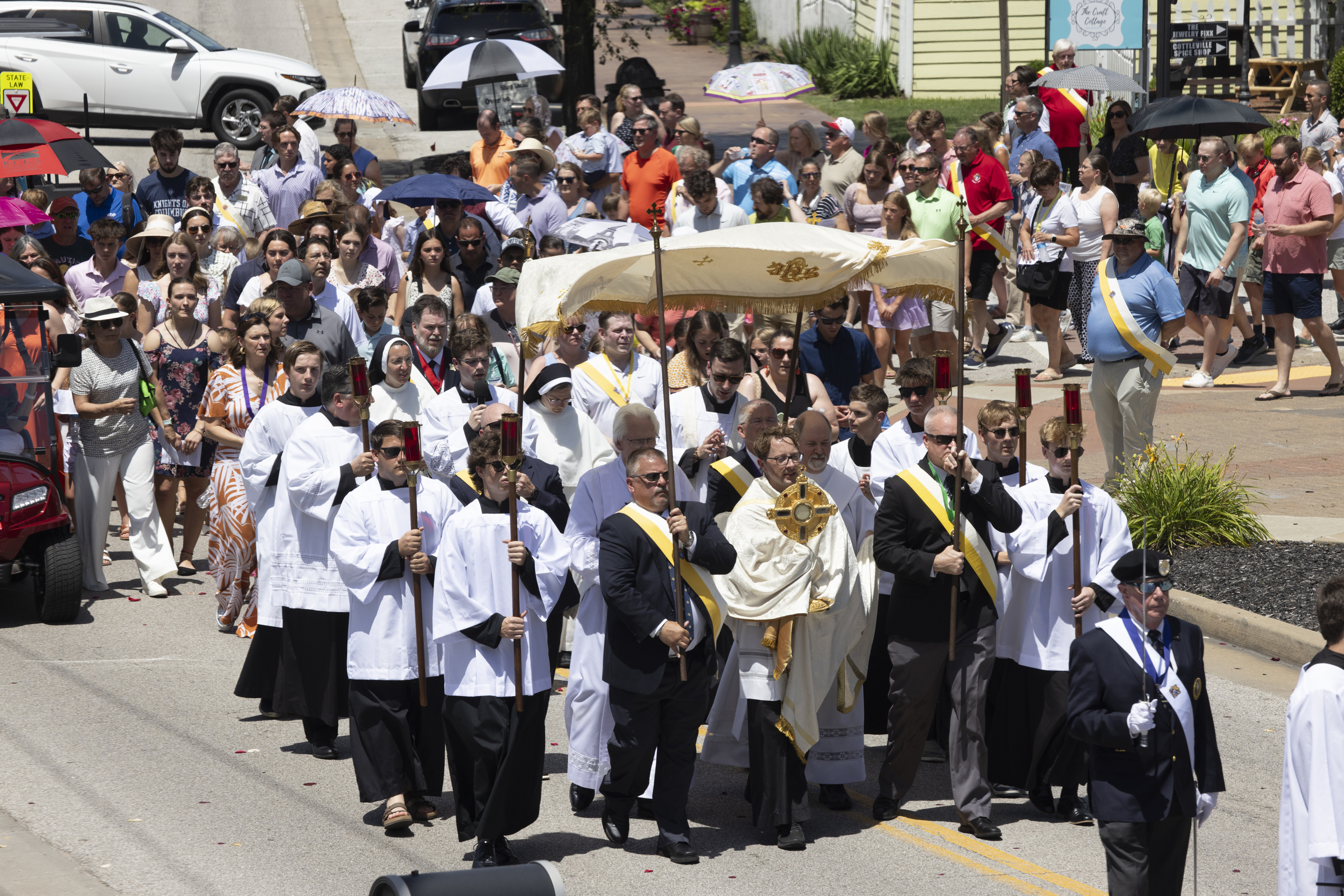Young women use the power of one to build a culture of life

The stakes are high. The dynamic is changing. These are bold statements about the pro-life movement, but so are the women you’re about to meet. Each one of them shows what it’s like to take the Power of One — the theme from this year’s March for Life — and reframe the discussion on life issues. Can abortion become unthinkable in our lifetime? Can we create a culture that supports life in all of its stages? Here are their stories:
Molly Judd — The power of a woman’s voice
Age: 24
Role: Events and programs coordinator, Office of Laity and Family Life; single
Molly Judd came rushing out of the gate right out of college. With a degree in international business and theology, she landed an internship with Caritas Internationalis’ delegation to the United Nations, based in Geneva, Switzerland. Formed in the 1950s, the Church’s international humanitarian organization serves the poor and promotes charity and justice, as well as provide disaster response.
As a student at Benedictine College in Atchison, Kan., Judd had taken an interest in women’s issues. “I didn’t know what that meant exactly,” she said, “if that meant being a lawyer, or a doctor — or did that mean being a great business woman?” Judd saw the Caritas internship as opportunity to get her foot in the door with the Vatican, perhaps using her voice as a woman to influence the Church’s outreach efforts.
Judd prepared briefs, worked on statements and assisted with note-taking on a number of issues, including immigration, the Human Rights Council, UN AIDS Council, peace efforts in the Middle East and humanitarian disasters such as the Ebola crisis in Africa. The experience was enriching, but Judd said there was a persistent feeling guiding her to focus on women’s issues.
In college, Judd looked up to Helen Alvaré, a law professor at George Mason University and an advisor to the U.S. bishops’ conference and the Vatican. Alvaré founded Women Speak for Themselves, a grassroots effort that encourages women to speak in the media, local communities and online about the disadvantages women face in dating and marriage, primarily because of the culture’s acceptance of abortion and contraception.
Through a connection at Benedictine, Judd was introduced to Alvaré and eventually was hired as a program coordinator at The Chiaroscuro Institute, the nonprofit that oversees the Women Speak for Themselves project.
As part of her work, Judd wrote blog posts and helped organize a rally on the steps of the U.S. Supreme Court when the decision was announced in the Little Sisters of the Poor lawsuit against the HHS contraception mandate. The institute’s efforts are “trying to put marriage, family, religious freedom, sexual ethics back into the same picture,” Judd said. “We need women to speak out on this, because we’re heard in a different way than men are.”
Women are being hurt by a culture that values contraception and abortion, Judd noted. Likewise, there’s a fallacy with saying that contraception is a private issue, or that it somehow doesn’t affect others. “(Women) used to run the dating market,” she said. “We’d say, ‘No I’m saving myself for marriage,’ and the men would rise up to that. But as soon as women started accessing the pill, it changed. Now, the attitude is, ‘Well, if you’re not going to sleep with me, I know this person who will.’ It’s hurting women, because it’s just now expected.”
Last year, Judd made a return to her hometown and now works for the archdiocesan Office of Laity and Family Life. After spending time with a mentor like Alvaré, Judd said she’s still discerning her vocation. But now more than ever, she sees the need for an authentic voice from women, one which values a culture of life.
“It’s so sad to see that people are trying to silence pro-life women,” she said, citing the recent Women’s March on Washington, in which a pro-life organization was removed from the list of official partners. “Women are being torn up by the culture, but also torn up by each other, by saying you’re not a real woman if you don’t believe in this contraception culture. We need to be the bar, the steady point of reference for the culture.”
Rachel Leininger — The power to promote chastity
Age: 30
Role: Chastity educator with The REAP Team; married and mother-to-be
Rachel Leininger tells teens that it’s a lot easier to make the right decision in the moment, if you’ve already made a decision before getting to that moment.
Leininger is the chastity educator for The REAP Team, the archdiocesan youth retreat ministry, primarily giving talks on chastity to teens in Catholic schools and PSR programs. She emphasized that chastity education is a healthy approach in between abstinence-only and liberal sex-education commonly found in secular culture.
“With abstinence only, the danger is that kids get the impression that sex is bad, or sex is dirty, or sex is evil, and it’s none of those things,” she said. “God created sex, He made it good for a purpose, and that purpose is in marriage.”
Leininger shares with teens — and their parents — that chastity is more than what a person does with his or her body. It’s also about having purity of heart, mind and soul. And everyone — single and married people, priests and religious — is called to live a life of chastity. One of her major pet peeves is when people tell her they’re going to live chastely until they’re married.
“It’s not just about saving sex for marriage,” she said. “But about having a healthy understanding of your sexuality for your whole life. It’s about the way you think, the way you speak, the jokes you tell, the clothes you wear, how you engage with social media.” In fact, one of Leininger’s long-held beliefs is that women shouldn’t wear leggings as pants, because if not worn properly, they can project immodesty. “They’re a great layering piece and I love them, don’t get me wrong; they just aren’t pants in and of themselves.”
Sometimes, Leininger encounters teens who are learning for the first time what chastity means. She recalled an anonymous comment card she received at a retreat for senior girls, which simply said, “Why didn’t we learn about this sooner?”
Part of the problem is the message of chastity being drowned out by a culture that values contraception and abortion. One of the great harms to society is that both have further abdicated men of their responsibility in relationships and with the children they father. “Abortion is a quick solution to an unwanted problem in their eyes,” she said. And birth control isn’t a solution, with upwards of half of all unplanned pregnancies a result of failed birth control. The focus, said Leininger, should be on fair pay for women and better parental leave and support for families.
Chastity is a message that should be shared with both genders, and shifts the focus away from abortion and birth control as women-only issues. “Chastity helps even the playing field and brings some of that responsibility (of both) back to the table. It restores some of what has been lost in our culture.”
Tori Long — The power to take action
Age: 24
Role: Member of New Wave Feminists; engaged to be married
As she rolls up the sleeve on her T-shirt, Tori Long jokes about her fluorescent skin. Hidden underneath the sleeve on her upper arm is a pretty boss tattoo of a Benedictine medal. A tuft of neon pink hair peeks from a black stocking cap, and the front of her shirt is emblazoned with the message, “this is what a pro-life feminist looks like.”
Long is the only known Missouri resident who is a member of New Wave Feminists. The pro-life organization was founded by Destiny Herndon-De La Rosa on the belief that “all human beings should be free from violence for the duration of their lifetime.” The group’s ethic has consistency: no war, no death penalty, no torture — and no abortion.
New Wave Feminists certainly is a break from the old guard of the pro-life movement. With brightly colored hair, tattoos and black clothing, the group has earned its self-proclaimed description of being “Badass. Pro-life. Feminists.”
Long lives in Cape Girardeau, Mo., but travels every year to Washington, D.C., to the March for Life. In the summer of 2015, she represented New Wave Feminists at the Women Betrayed Rally in front of Planned Parenthood in St. Louis. The event drew more than 700 people who called for the defunding of the abortion provider after a series of undercover videos revealed questions about how it operates.
Long discovered New Wave Feminists online several years ago out of her frustration with the pro-life movement and those who don’t place equal value on both the mother and the child. “I remember hearing, which one is more important, the mother or the child? That message pits one against the other,” she said.
At the March for Life, Long carries signs with messages such as, “Stop telling women they can’t go to school, have a career and succeed without an abortion.” She was approached by a fellow marcher, who told her that women shouldn’t be working. While the encounter was somewhat stunning, “messages like ours are what we try to get out there,” she said.
She views groups like New Wave Feminists as those on the fringes of the pro-life movement, but which offer a refreshing perspective on life issues, and one which places a focus on the importance of feminine dignity. The election of Donald Trump as president was a setback in her mind, and one of the reasons why the organization wanted to be represented at the Women’s March on Washington last month.
The group received national attention after it was pulled as an official partner by Women’s March organizers. New Wave Feminists and other groups, such as Students for Life of America and And Then There Were None, founded by former Planned Parenthood employee Abby Johnson, still attended.
Long would be perfectly happy with making abortion illegal, and attending marches to make her voice heard. But she knows that the work is more about changing hearts and taking action. New Wave Feminists Is working on an app that helps connect women to health care resources and services during pregnancy and beyond.
“My hope is that the pro-life movement will realize while yes, it is good to defund Planned Parenthood, where does that leave women in crisis?” Long asked. “And at what cost are we bringing those things to the front? It’s about the mother and child — you can’t separate one from the other.”
>> Women, take action
The Chiaroscuro Institute is a nonprofit organization that unites scholars and communications specialists dedicated to rethinking topics of sex, marriage and children, especially among disadvantaged populations, to promote flourishing adults, children and communities. Visit www.chiaroscuroinstitute.org
Women Speak for Themselves is a grassroots movement that empowers women to speak in the media, local communities and online about the realities women face in light of popular cultural views on contraception and abortion. Visitwww.womenspeakforthemselves.com.
I Believe In Love is an online community that shares content about sex, dating, marriage and parenting and thrifty living. It is aimed toward young adults in lower-middle-income America who aspire to faithful love and marriage. Visit www.ibelieveinlove.com.
St. Louis Catholic Women for Christ is an annual event to give women hope, encouragement and help in increasing their personal prayer life and devotion to the Blessed Sacrament. The conference features praise and worship, speakers and Mass. This year’s conference is scheduled for Saturday, March 25, at the Touhill Performing Arts Center. Visit www.catholicwomenforchrist.org to register or for more information.
The archdiocese’s annual Catholic Women’s Awards recognizes women for their work to change systemic injustice and promote human dignity. The awards ceremony is held in August. To nominate a woman for the award, contact Molly Judd at (314) 792-7185 or email mollyjudd@archstl.org.
Other resources for women are available through the Office of Laity and Family Life at www.archstl.org/laityandfamilylife/page/women-motherhood.
The REAP Team, the archdiocesan youth retreat ministry, has educational resources on chastity, including practical advice, books, chastity commitment cards and how to book a retreat on the topic. Visit www.reapteam.org for more.
Help Assist Her is an app that will provide women’s health care resources and services during pregnancy and beyond. The app is still under development. To learn more, visit www.helpassisther.com.
New Wave Feminists, see www.newwavefeminists.com | Facebook: New Wave Feminists | Twitter @NWFproTX
The Respect Life Apostolate, see www.stlrespectlife.org | Facebook: Respect Life Apostolate – St. Louis | Twitter: @ProLifeSTL
RELATED ARTICLE(S):Feminist for Life rep to speak at SLU
The stakes are high. The dynamic is changing. These are bold statements about the pro-life movement, but so are the women you’re about to meet. Each one of them shows … Young women use the power of one to build a culture of life
Subscribe to Read All St. Louis Review Stories
All readers receive 5 stories to read free per month. After that, readers will need to be logged in.
If you are currently receive the St. Louis Review at your home or office, please send your name and address (and subscriber id if you know it) to subscriptions@stlouisreview.com to get your login information.
If you are not currently a subscriber to the St. Louis Review, please contact subscriptions@stlouisreview.com for information on how to subscribe.







